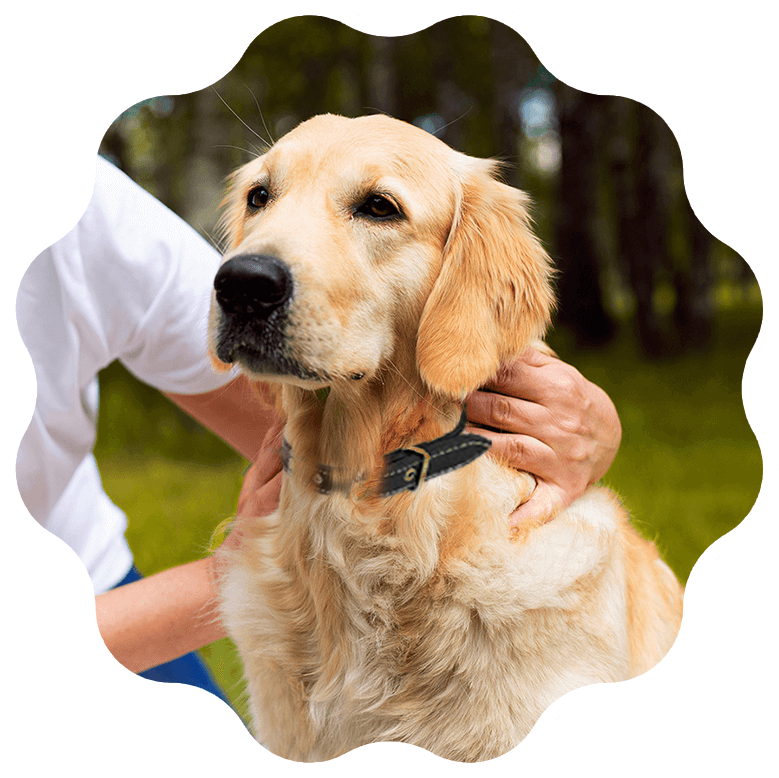News Blast: Your Daily Dose of Updates
Stay informed with the latest news and insights.
Furry Friends in Their Twilight: Care Tips with a Twist
Discover unique care tips for aging pets that will brighten their twilight years and strengthen your bond. Click to explore!
Understanding the Unique Needs of Senior Pets: Top Care Tips
As our beloved pets age, their needs change significantly, making it essential for pet owners to understand the unique needs of senior pets. Senior pets often experience a decline in mobility, vision, and hearing, which can affect their quality of life. Providing a comfortable environment is crucial; this includes orthopedic beds for joint support and minimizing stairs to prevent falls. Regular veterinary check-ups become even more critical as older pets are more susceptible to chronic diseases such as arthritis and diabetes. By closely monitoring their health, owners can catch potential issues early and adapt their care accordingly.
Diet plays a vital role in maintaining the health of senior pets. Consider transitioning to senior-specific food that is designed to meet the unique needs of senior pets, offering balanced nutrition while being easier on their digestive systems. Additionally, ensure your senior pet stays hydrated by providing fresh water at all times and considering wet food options for added moisture. Exercise remains important, but it should be adjusted to suit their energy levels and physical capabilities. Short walks or gentle play sessions can help maintain their mobility without overexerting them. Incorporating these top care tips can significantly enhance the overall well-being and happiness of senior pets.

Nutrition for Aging Pets: How to Keep Their Tails Wagging
As our beloved pets age, their nutritional needs change significantly. It's essential to provide a balanced diet that caters to their specific requirements. Senior pets often experience reduced metabolism and activity levels, which means they may need fewer calories and more easily digestible food. Incorporating senior pet formulas that are rich in antioxidants, omega fatty acids, and fiber can help in maintaining their overall health. Consulting your veterinarian to tailor a diet plan suited to your pet's age, weight, and health conditions is a vital step in ensuring they receive the right nutrition.
In addition to adjusting their diet, you should also pay attention to hydration, as older pets can be prone to kidney issues and dehydration. Regular access to fresh water is crucial. Another important aspect is oral health; consider including dental care treats as part of their routine to prevent tartar buildup. Lastly, incorporating natural supplements such as glucosamine and probiotics can support joint health and digestive function, respectively. By prioritizing nutrition for aging pets, you ensure their golden years are filled with energy and joy, keeping their tails wagging for longer!
Common Signs of Aging in Pets: When to Seek Help from Your Vet
Aging is a natural process that affects all living beings, including our beloved pets. As they grow older, many pet owners notice common signs of aging in pets, which can include decreased energy levels, changes in appetite, weight fluctuations, and increased irritability. It's essential to pay attention to these signs, as they could indicate underlying health issues or changes in your pet's quality of life. For instance, if your furry friend has become less interested in playtime or is sleeping more than usual, these could be early indicators of aging or other health conditions.
Recognizing when to seek help from your vet is crucial in ensuring your pet maintains a good quality of life as they age. If you observe persistent signs such as difficulty rising, noticeable weight loss, or changes in bathroom habits, it’s essential to schedule a veterinary appointment. Early intervention can make a significant difference in managing your pet's health. Always listen to your instincts—if something feels off with your pet, don’t hesitate to consult with your veterinarian for a thorough examination and appropriate care options.